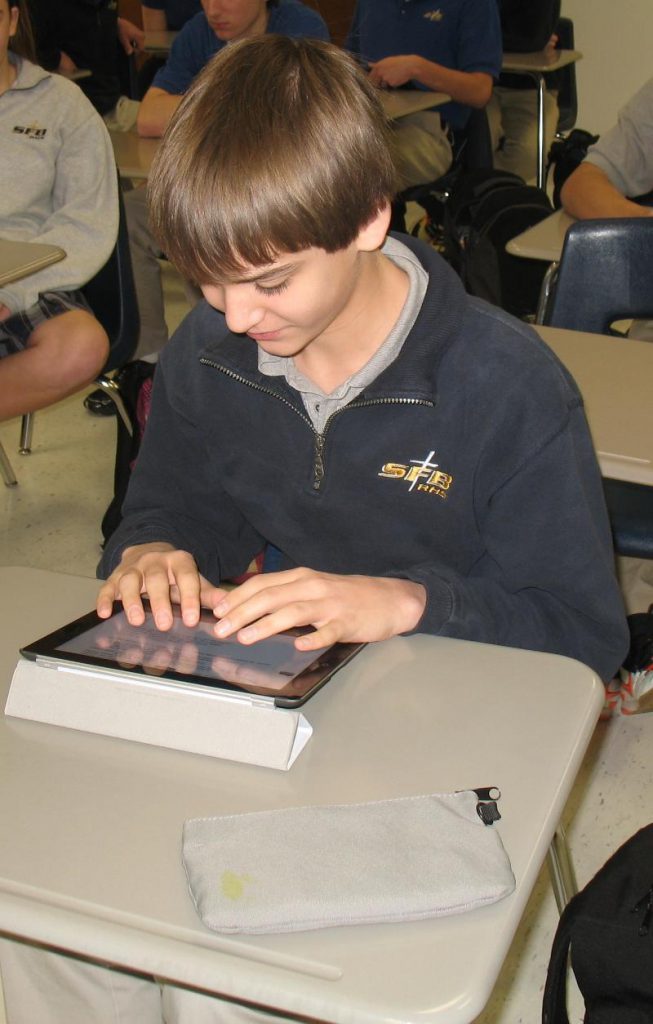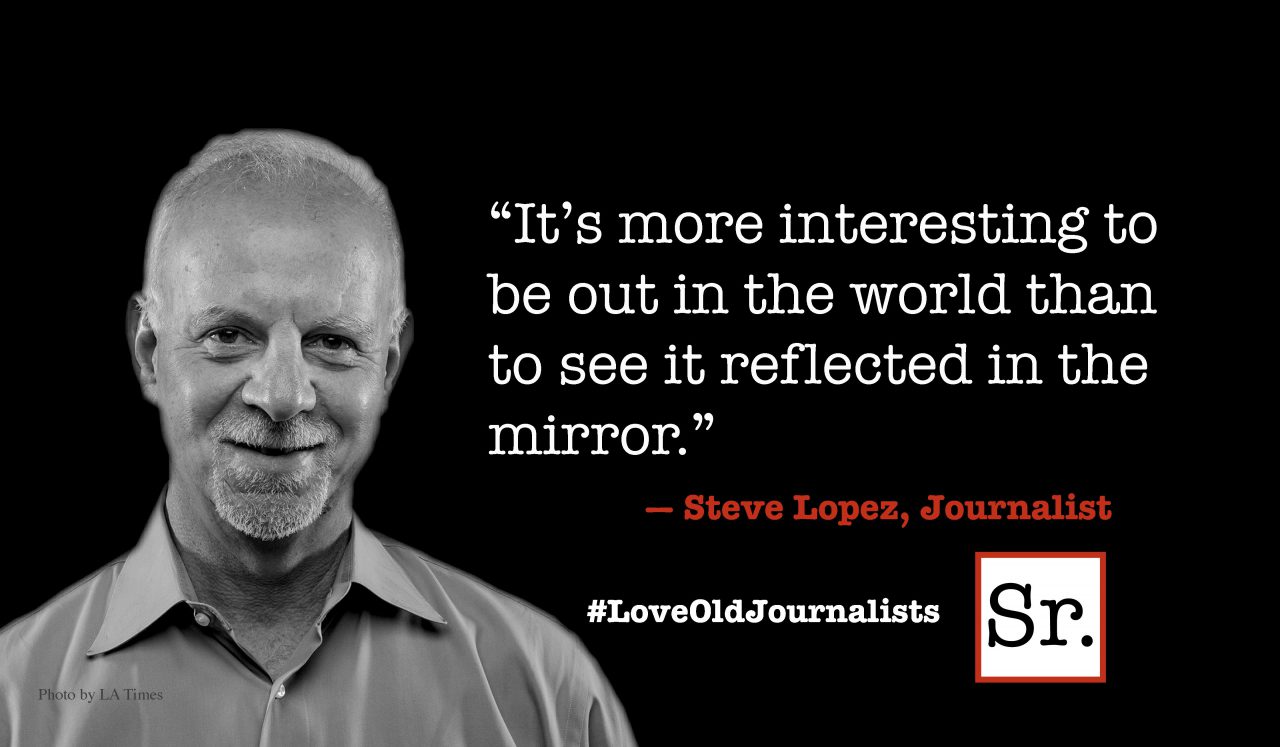I recently attended an amazing presentation given by Ryan, a St. Francis Borgia High School freshman describing the launch of iPads in his high school. Books (and book bags) will soon become history in his school, as students load up-to-date electronic text books and learning apps onto their sleek iPads. Ryan illustrated, to a room full of business and community leaders, how students and teachers will use the new technology to teach, collaborate, manage assignments and schedules, and take and grade tests. It will utterly revolutionize their learning environment.
The school administration wisely tapped this young man to help teach students, teachers and parents how to manage this exciting transition. Ryan's presentation was both informative and engaging. He handled our many questions professionally. Some of us were taking notes, a few of us into the note-taking apps in our phones. We were all blown away by the skills and expertise of our refreshing, young presenter.
I definitely appreciated learning some new tricks and tools for my iPad and iPhone. But, what really jazzed me the most was to imagine a learning environment where kids are tapped into for their expertise and talent, and given the opportunity to teach too. Letting my imagination run wild, I visualized an educational system where everyone's a learner and everyone's a teacher.
K through12 educators are asking themselves how to engage and reengage students in a world that is continuously being transformed by technology, a world where massive amounts of information can be accessed with a couple of key strokes. Helping students discover and develop their inner expert sure sounds like a great student engagement strategy to me.
How might the teacher's role be changing in this uncharted high-tech terrain? With easy access to information, it seems the burden of conveying subject matter may become a lot less time intensive. Perhaps, in the near future, teachers will be able to spend more time helping students become life-long learners instead of spending so much time delivering content. It seems to me that such a switch would naturally make school more engaging and exciting.
Perhaps the new learning environment becomes a place where good questions are valued even more than "the answer." As we are discovering in the workplace, questions often send us on a journey of discovering new and better answers to persisting and expensive problems. Learning environments that encourage students to apply and teach back what they are learning helps lock in knowledge, concepts and practices.
Workplaces need employees who are aggressively growing their own skill sets and competencies both in technology and soft skills. Thriving businesses need employees who are designing and managing their own professional development and continuously finding ways to add value.
My grandfather taught school in a one-room schoolhouse just a few short decades ago. I understand that what made the one-room, one-teacher schoolhouse work back then is that the teacher had to rely on the older kids to teach the younger kids. What if our high-tech learning tools actually reconnect us with an old tried and true teaching method? A method that tapped into the natural teacher and learner in all children.









